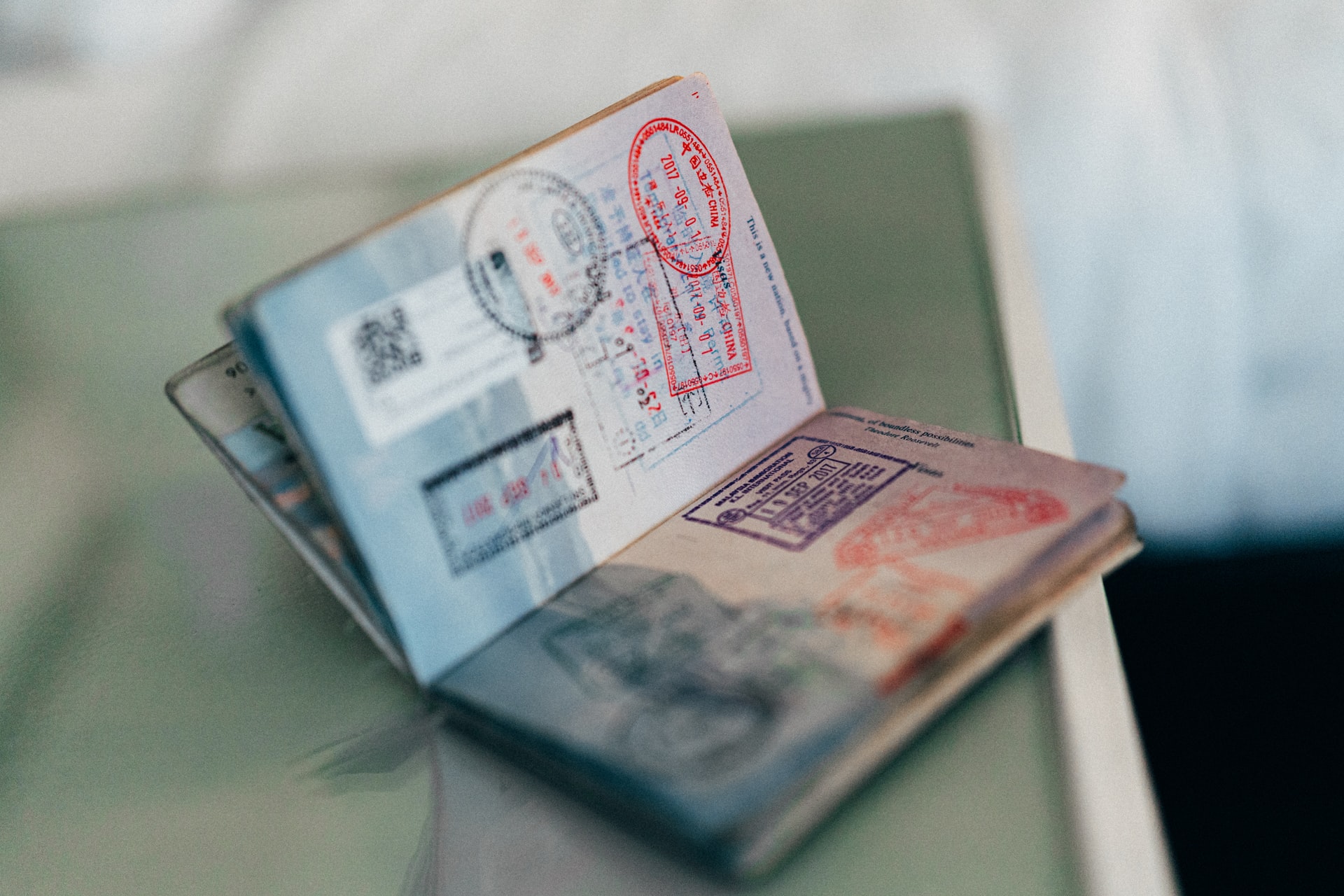Immigration is easily one of the most pressing issues faced by the cross-border nations in the wake of Brexit. Britain finally exited the European Union on 31 January 2020, following the transition period, during which the benefits of freedom of movement remained available to the citizens of the UK and EU member states. Citizens of the UK or EU member states who relocated before the expiration of the transition period are allowed to live and work in their country of residence after Brexit.
However, some necessary may be required to protect the current living and working status in the desired country. On the other hand, individuals considering immigration after Brexit must obtain a work permit, complying with the EU and national immigration rules. Cross border workers, business visitors, and assignees will also experience certain travelling restrictions.
Cross-Border Immigration after Brexit under the Microscope
A policy statement published on 19 February 2020 explained that after Brexit, the free movement of UK and EU member state citizens is to be replaced with a points-based system that will treat the EU and non-EU citizens in the same manner.
The point-based system is designed to reduce overall migration, give priority to individuals with the highest skills, exemplary achievements, or greatest talents, and enable the UK to take back control of its borders.
It cannot be denied that the new point-based system will not only affect employees and individuals seeking opportunities in the UK but also represent a major change for employers in the UK and vice versa. Read on to decode cross-border immigration after Brexit based on the skill level.
· Highly-Skilled Workers
The “Exceptional Talent” route has been rebranded as the “Global Talent” route to provide access to highly skilled individuals. The route has no cap, which means the UK is all set to welcome the high-skilled workforce. One of the major reforms includes expanding the route to make it more accessible to skilled workers from STEM backgrounds. High-skilled workers can migrate to the UK without a job offer as long as a relevant body endorses them.
· Skilled Workers
All skilled workers from the EU are required to obtain a visa, except Irish citizen. Individuals with an Irish nationality may leverage the Common Travel Area. The application process for EU citizens is completely online, with most citizens receiving e-visas. It must be noted that the minimum age for visa application has been increased to 18 years as opposed to 16 years. Moreover, skilled workers must meet a specific requirement, scoring a total of 70 or more points. They must also hold a job offer from an approved sponsor in the country.
· Low-Skilled Workers
In an effort to reduce cheap labour induction from Europe, the new policy does not contain a temporary work or general low-skilled route. The decision has received a great deal of attention from the press as well as employers. However, a few avenues are still available to low-skilled workers. For example, low-skilled temporary workers are permitted in the agricultural sector. Youth mobility arrangements are also available, allowing 20,000 young people to migrate to the UK yearly.
These are some of the major changes pertaining to cross-border immigration after Brexit. For further inquiries regarding immigration to or from EU member states, get in touch or schedule a free consultation to explore your options.











